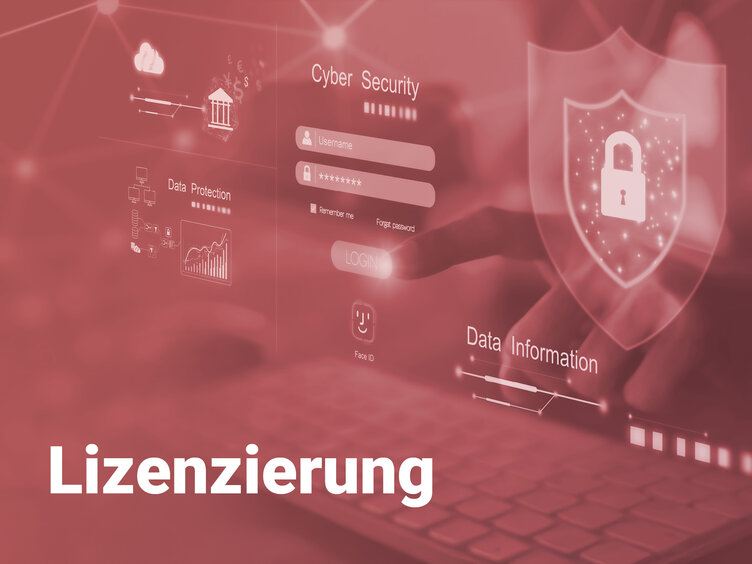Licensing of e-health applications
The licensing of e-health applications comprises the allocation, administration and control of usage rights for digital health software. It ensures that medical products such as apps, diagnostic tools or telemedicine platforms are used in a legally secure manner, protected against manipulation and in accordance with legal requirements (e.g. E-Health Act, MDR).
Significance in the context of software protection
- Protection of intellectual property: Prevents unauthorized duplication or reverse engineering (e.g. via CodeMeter encryption).
- Regulation of access: Controls who may use which functions (e.g. role-based licenses for doctors vs. nursing staff).
- Compliance: Meets the requirements of the telematics infrastructure (TI), the BSI and the EU Medical Device Regulation (MDR).
Important components
1. License keys: hardware dongles (e.g. CRYPTO-BOX) or software-based tokens.
2. Access control: multi-factor authentication for eHBA and SMC-B cards.
3. Usage monitoring: real-time monitoring of license terms and feature usage.
4. TI integration: connection to the telematics infrastructure for encrypted communication (KIM, ePA).
Influencing factors
Factor | Impact | Example 2025 |
Legislation | Stricter certification requirements for DiGA | BSI audit replaces BfArM procedure |
Data complexity | Higher requirements for pseudonymized storage | ePA obligation from 15.01.2025 |
Technology | Dongle solutions vs. cloud licenses | CodeMeter solutions for Med2Morrow vending machines |
Advantages
- For developers: revenue management through pay-per-use or subscription models.
- For clinics: Compliance with § 291 SGB V via TI-compliant licensing.
- For patients: Safety from manipulated devices (e.g. infusion pumps).
Practical example: BIC Medical
The company protects its Med2Morrow vending machines for dispensing medication with CodeMeter licenses. Each machine requires a physical CmDongle that activates usage rights and prevents tampering.
Future 2025+
- BSI certification obligation for all DiGA from Q1 2025.
- TI messenger integration in ePA from mid-2025.
- Assisted telemedicine in pharmacies via licensed software.
Conclusion:
Licensing of digital healthcare solutions ensures compliance and protection against manipulation. From 2025, certification obligations and TI integration will tighten the requirements.
Author:
Steffen Kätsch
Senior Support Engineer / Consultant License Management
Education: FH Jena
Expertise: License Management Software Licensing Software Protection IT Compliance Digital Rights Management
